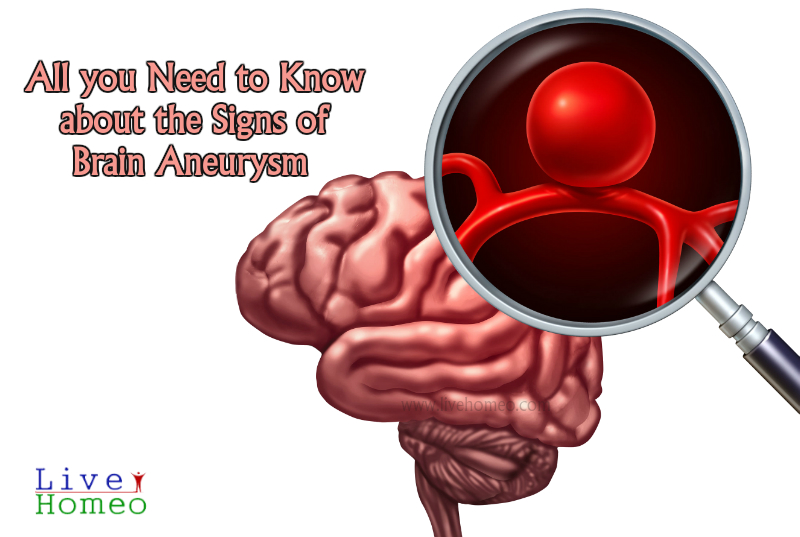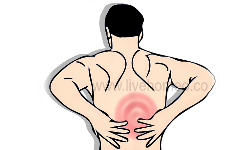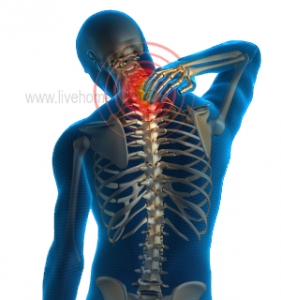Brain Aneurysm: Warning Signs, Treatment & Recovery
Brain aneurysm, which is also called a cerebral aneurysm or intracranial aneurysm is a serious and life-threatening illness. Early symptoms of a brain aneurysm include severe headache, neck pain, nausea and can be triggered due to factors like smoking, high BP, and so on. This illness mostly happens at the base of the brain known as the circle of Willis.

In this article let us, in brief, discuss the triggers and signs of a brain aneurysm.
Overview of Intracranial Aneurysm
A brain aneurysm is a condition where people have an abnormal growth or bump in the wall of an artery in the brain. Weak arteries are said to be the triggers of these excess growths in the brain. When body fluids circulate continuously through these weak arteries, it increases the pressure in walls and leads to excess growth outwards. These abnormal growths resemble the shape of a berry and hence they are termed berry aneurysms. In some cases, this aneurysm grows larger than one inch and this type is called a giant aneurysm.
The giant aneurysm is more likely to get ruptured. When it ruptures, it causes hemorrhage into the skull and brain. This hemorrhage in the brain further leads to a severe condition called a hemorrhagic stroke or subarachnoid hemorrhage. Subarachnoid hemorrhage is a critical and life-threatening condition, depending on the severity it results in brain damage or even death. Most of the people with subarachnoid hemorrhage die within two to three weeks and a very few percent of people who survive face brain damage and even disabilities.
When compared to men, women are at an increased risk of developing a brain aneurysm. A brain aneurysm is commonly seen in people between ages 35 – 60. In very few cases it can also affect children.
What causes a brain aneurysm?
The exact root causes of a brain aneurysm are unclear, but it is believed that a person can inherit the tendency to form aneurysms with genetics. People are not usually born with aneurysm, several risk factors can trigger the development of an aneurysm like
- Genetics or family history
- High BP
- Smoking
- Aging
- Excess alcohol consumption
- Cocaine and other drug abuse
- Trauma
- Abnormal circulation of body fluids at the junction of arteries
In few cases, people may develop aneurysms after a severe head injury, and also people who had brain aneurysms previously are at an increased risk to develop another.
Symptoms of a brain aneurysm
Most brain aneurysms do not produce any signs, they are discovered while undergoing tests for other conditions. Whereas, giant aneurysm increases pressure in the brain tissues and nerves in the brain and leads to symptoms like
- Sudden onset of severe headache
- Stiff neck or neck pain
- Nausea and confusion
- Droopy eyelid
- Pain in forehead and above or behind the eyes
- Numbness or weakness in one side of the body
- Sensitivity to light
- Seizures
- Vision problems
Sudden onset of these above symptoms should not be neglected and it should be treated as an emergency condition and suggest to be treated immediately.



